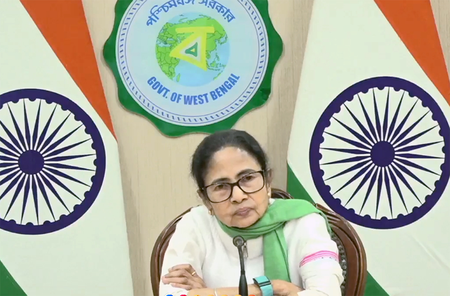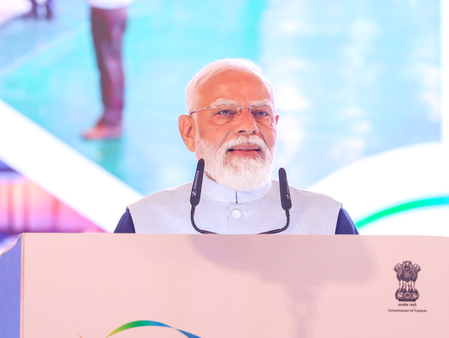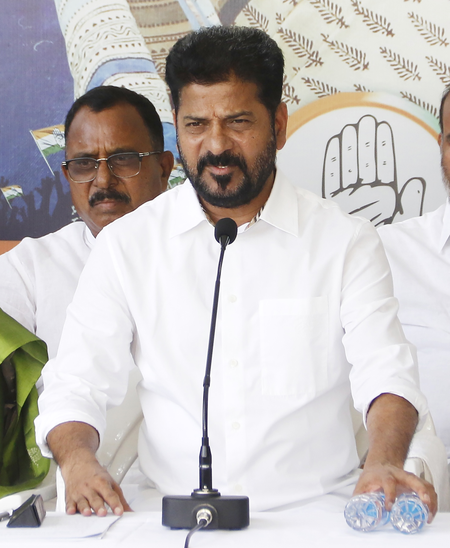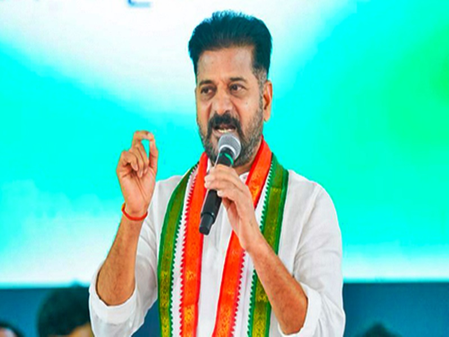
New Delhi, Sep 8 (IANS) Studying the manifestoes of National Conference, Peoples Democratic Party (PDP) or People’s Conference (PC), one wonders what more could be separatist, divisive and communal. The only difference is that separatism and communalism are given an ideological and dignified status by these parties who make a show of secularism, but hidden inside is an agenda that reeks of mala fides.
These Kashmir-centric parties have not made any effort to be covert about their intentions but have overtly made their manifestations this time.
The manifestoes of these parties seek restoration of Article 370, pre-1953 status when J&K had a Prime Minister, India-Pakistan talks, reinstating those in government jobs terminated for terror links, repealing action against stone pelters, etc. The manifestoes of these parties promise everything that can come in the category of support to separatism or inclination towards the Pakistan agenda.
The J&K National Conference, headed by Farooq Abdullah, one of the patrons of the INDIA bloc, has gone a step further. It has decided to change the names of some iconic places where ancient Kashmiri Hindu temples are located.
On the 21st page of its 42-page Manifesto titled ‘Dignity, Identity and Development’ under the heading ‘Comprehensive Expansion of Srinagar and Jammu cities’ NC has made a slew of promises to tackle pressing urban issues like congestion and environmental sustainability and says that a more proactive strategy is essential. So far so good, nothing wrong about these promises. But one among the nine-point promises is something that has triggered concerns among the minorities, the Hindus in particular.
The sixth point says: “We will assess the feasibility of connecting Takht-i-Sulaiman (Shankaracharya Hill) with Koh-e-Maran (Hari Parbat Fort) through a gondola system, enhancing connectivity and promoting tourism in the area.”
There seems to be nothing wrong with this as connecting two hills could be good for tourism. But the alarming thing is the changing of names of the two hills which are known by the names of the temples located atop.
The ancient temples have a history and story of thousands of years. And, they have always been known as Shankaracharya Hill and Hari Parbat.
The Hari Parbat hill is considered sacred by the Kashmiri Pandits due to the presence of the temple of Goddess Jagadamba Sharika Bhagwati. She resides here in the form of Suyambu ‘Sri-Chakra’, self-engraved on the Holy Shila (a vertical rock smeared in Sindoor) and is known as ‘Chakeshwari’.
There is an ancient story associated with this temple: Kashyapa Rishi had drained off the water from Satisar, but a lake remained in a part of Kashmir where a demon by the name of Jalodbhava had taken shelter. He unleashed a reign of terror on the inhabitants. Desperate people prayed to Goddess Durga for help until the day Mother heard their prayers. According to the ancient history of Kashmir, the Rajatarangni, Mother Durga took the form of a bird (Maina). She carried a pebble in her beak and dropped it over the lake. The pebble grew in size and transformed into a hill, thereby crushing the evil. The hill thus got the name of Hari Parbat or Sharika Parvat, and with this Kashmir came into being.
The Shankaracharya Hill is dedicated to Lord Shiva, and the temple atop is among the oldest in Kashmir.
The temple was built in 200 BC by the Mauryan Prince Jaluka. Since then, several rulers like Lalitaditya, Gopaditya, and various Sikh rulers have reconstructed the temple after it was attacked by the invaders several times.
The temple got its name from the visit of the 8th century philosopher and saint Adi Shankaracharya. The Shankaracharya Hill and the temple have references by Kalhana, a 12th century scholar, who called it ‘Gopadri’ or ‘Gopa Hill’. Kalhana’s Rajatarangini is an epic poem in Sanskrit running into nearly 8,000 verses composed in 1148‑50 in Kashmir.
With this recorded history, then, why should the Abdullah family’s NC change the names? Is it a deliberate attempt to change the Hindu names to Muslim ones as part of the complete Islamisation of Kashmir, which began in 1988 with the advent of Pakistan-sponsored terrorism? And Farooq Abdullah was the Chief Minister then. He let terrorism and separatist feelings flourish. The major targets of terrorism were the Hindus and the Army.
From over seven lakh Hindus in 1990, the community has only a few thousand left in the valley with a majority of them being government employees living in protected areas.
A whole community, which is the original native of the land and has a rich heritage of over 5,000 years, was uprooted, thrown in the hot plains of the country and forced to live in tattered tents and camps. Once the Kashmiri Pandits were forced out, the next on the agenda of the terror-backers and their supporting political ecosystem has been to usurp the properties, encroach abandoned lands, houses and temples.
And the last step seems to be changing the Hindu names. The Abdullah’s NC has officially begun with the two great and highly revered temples for Hindus — Hari Parbat and Shankaracharya Hill.
(Deepika Bhan can be contacted at deepika.b@ians.in)
–IANS
dpb/kvd




